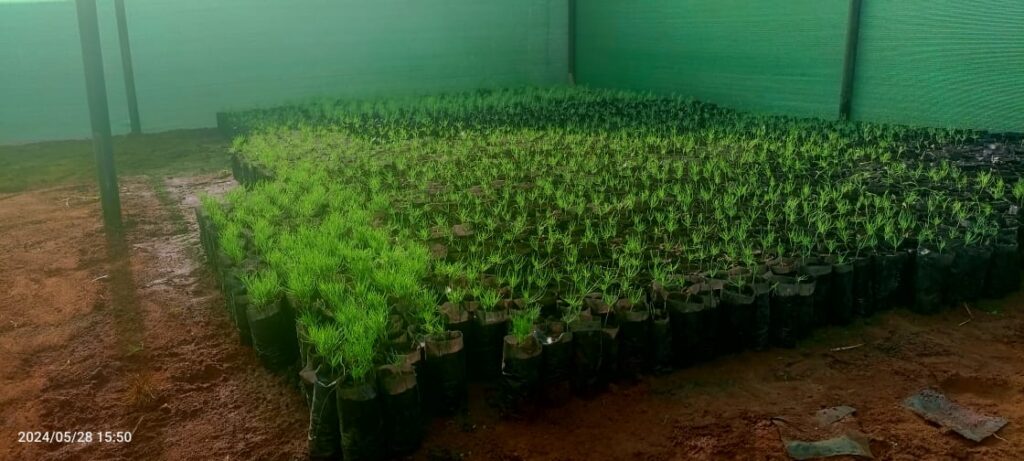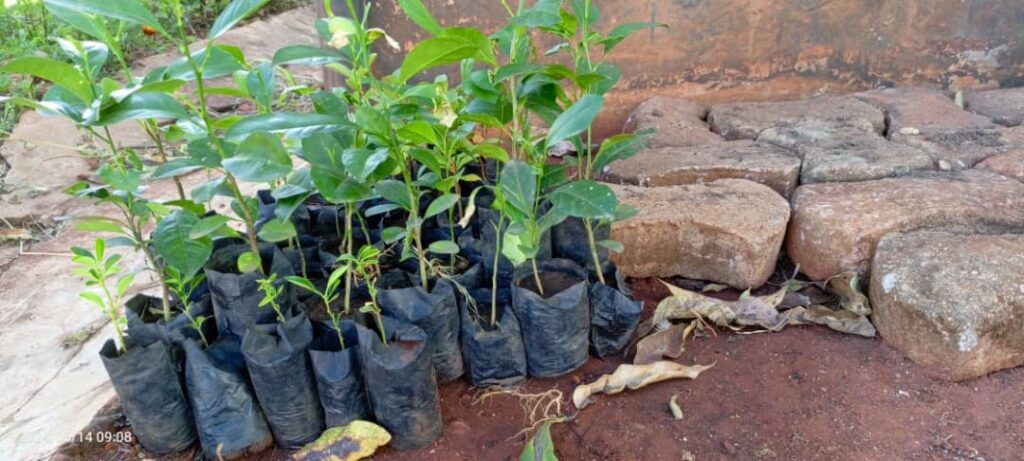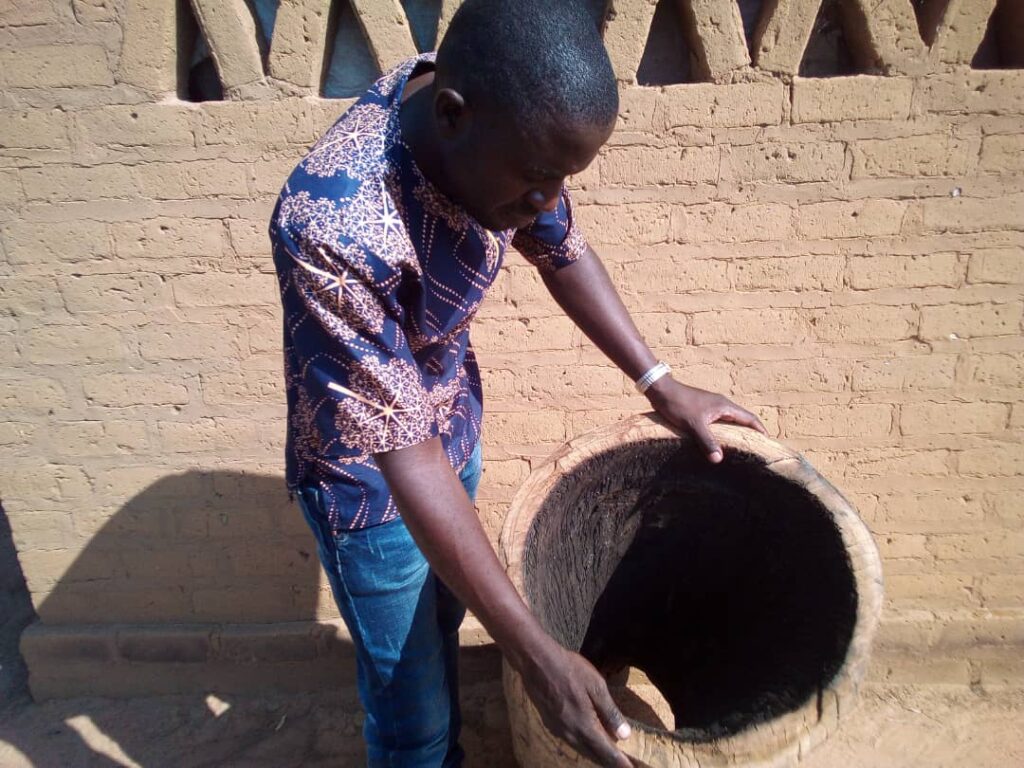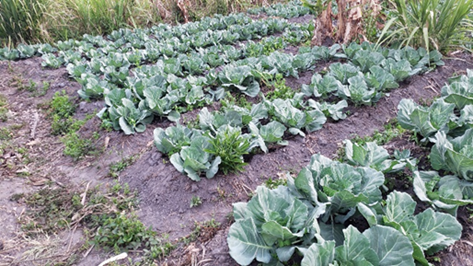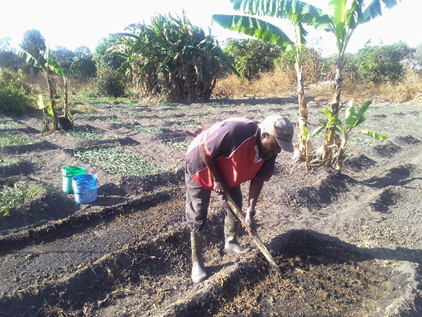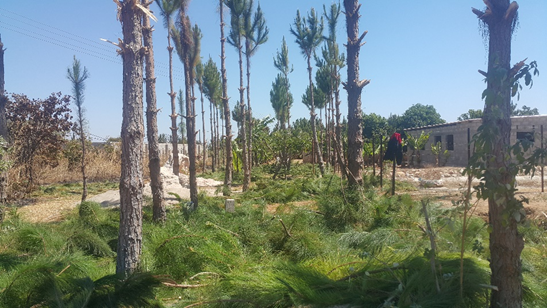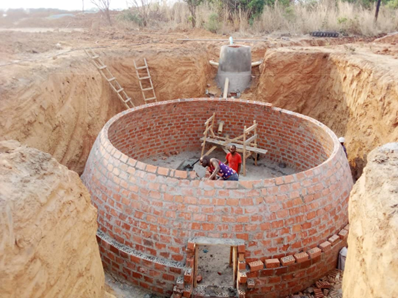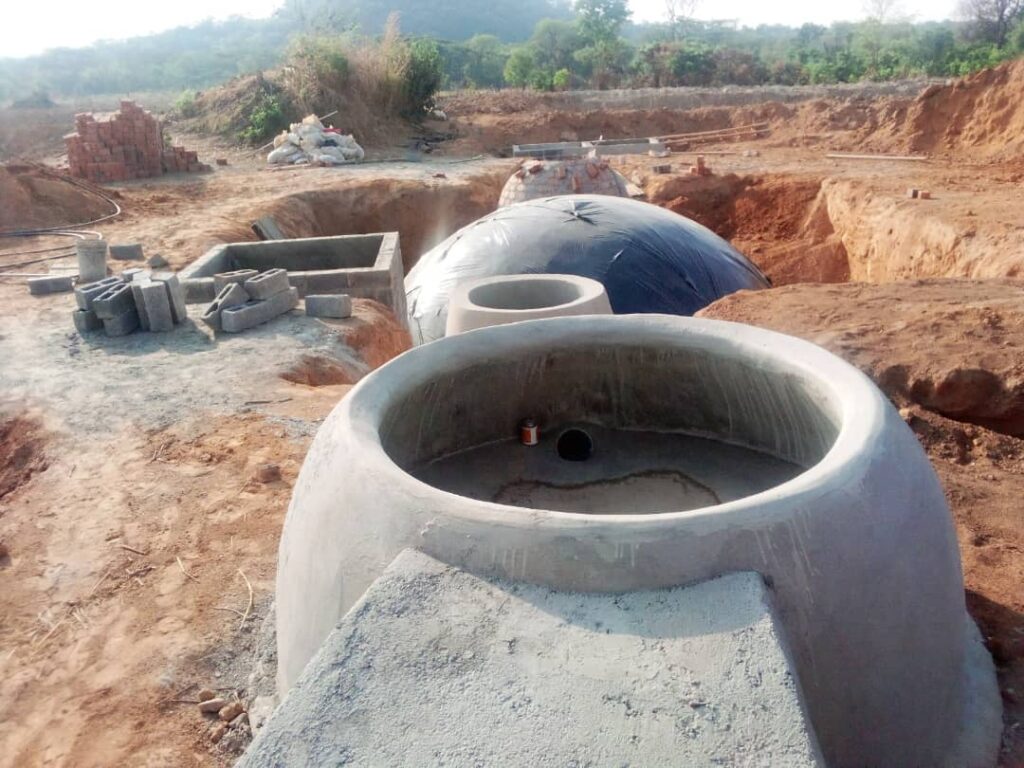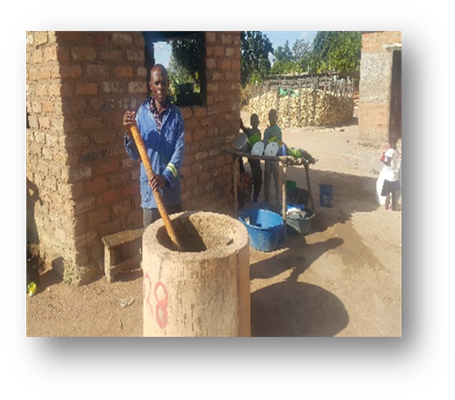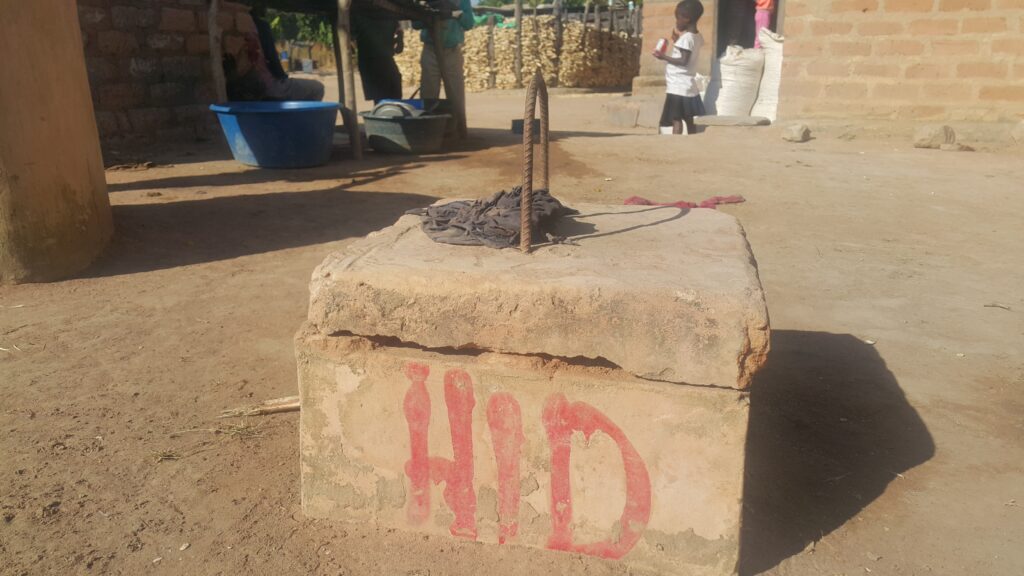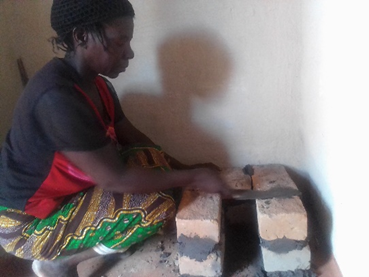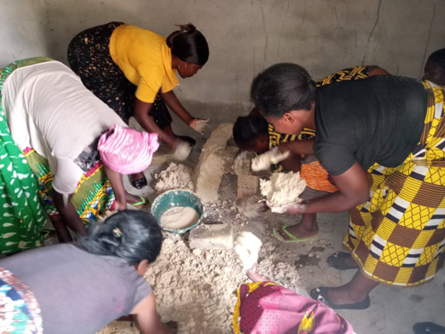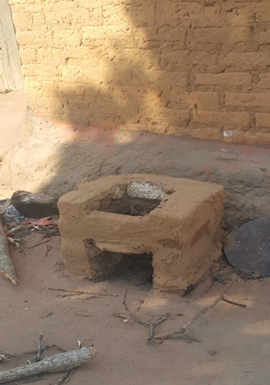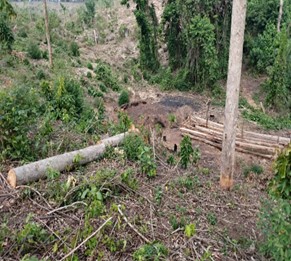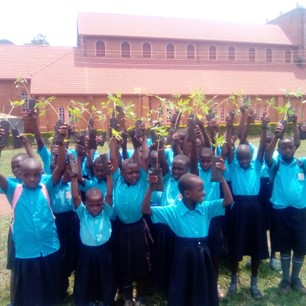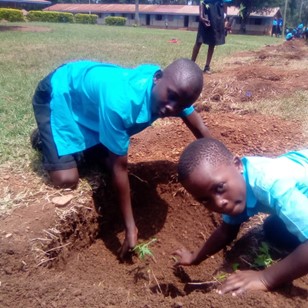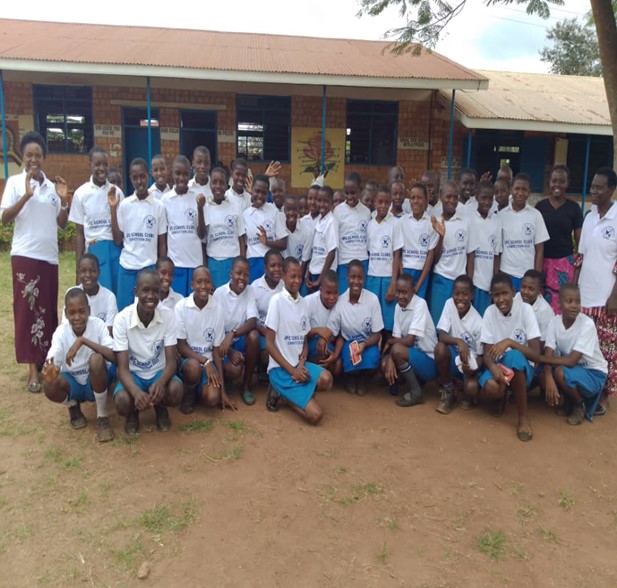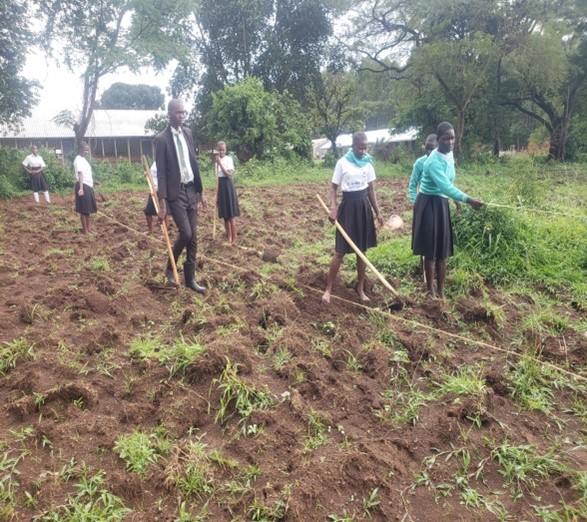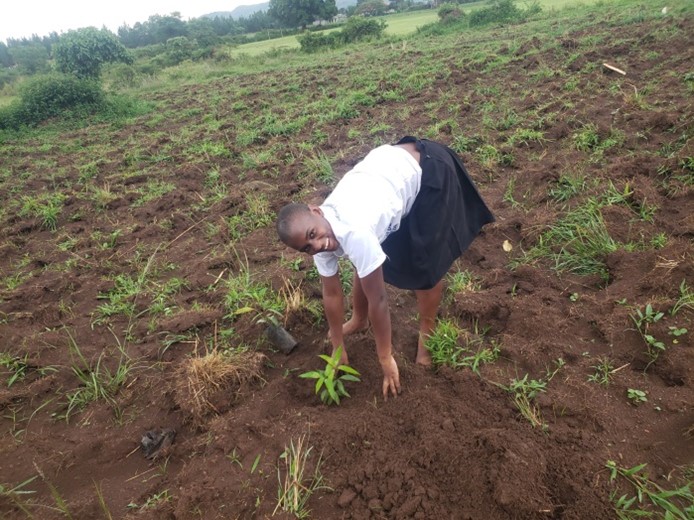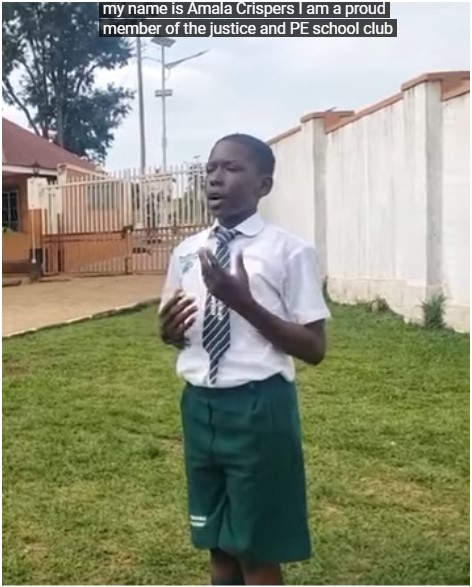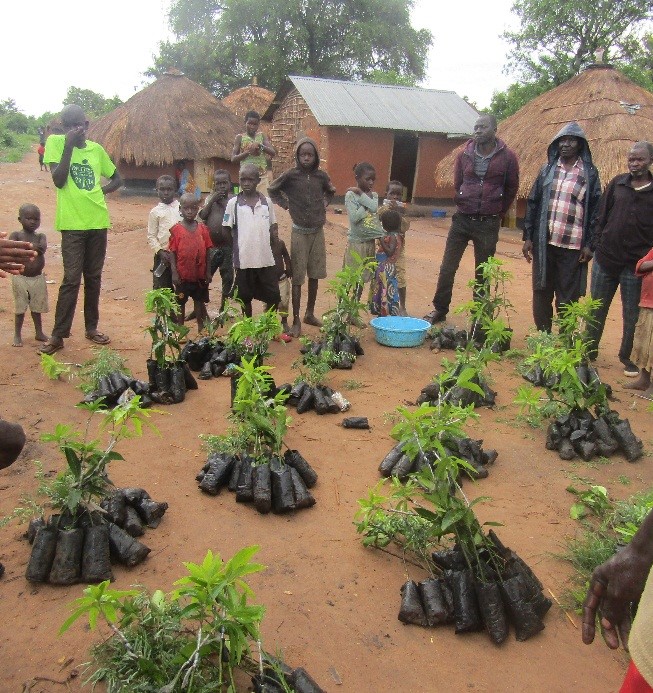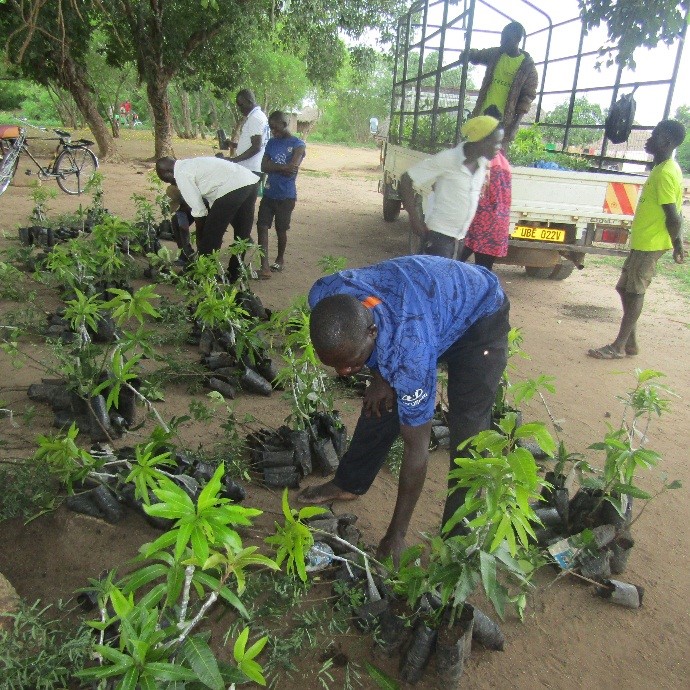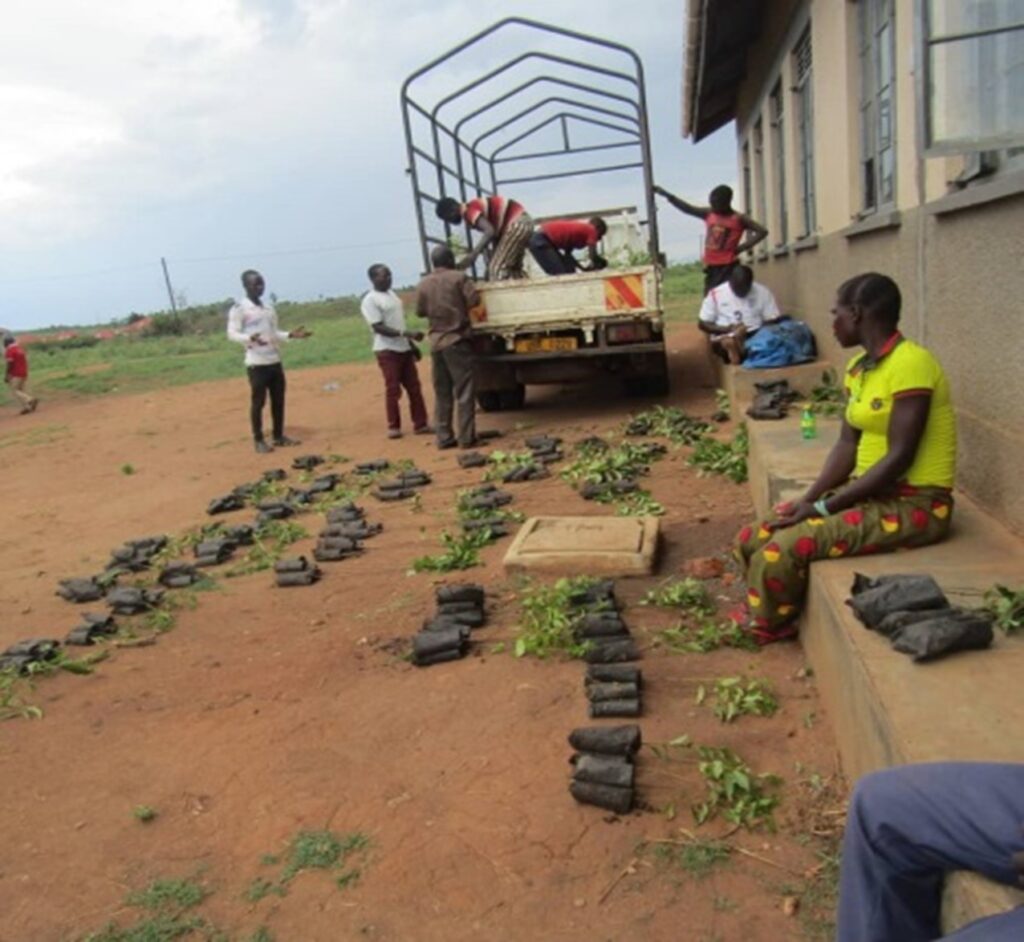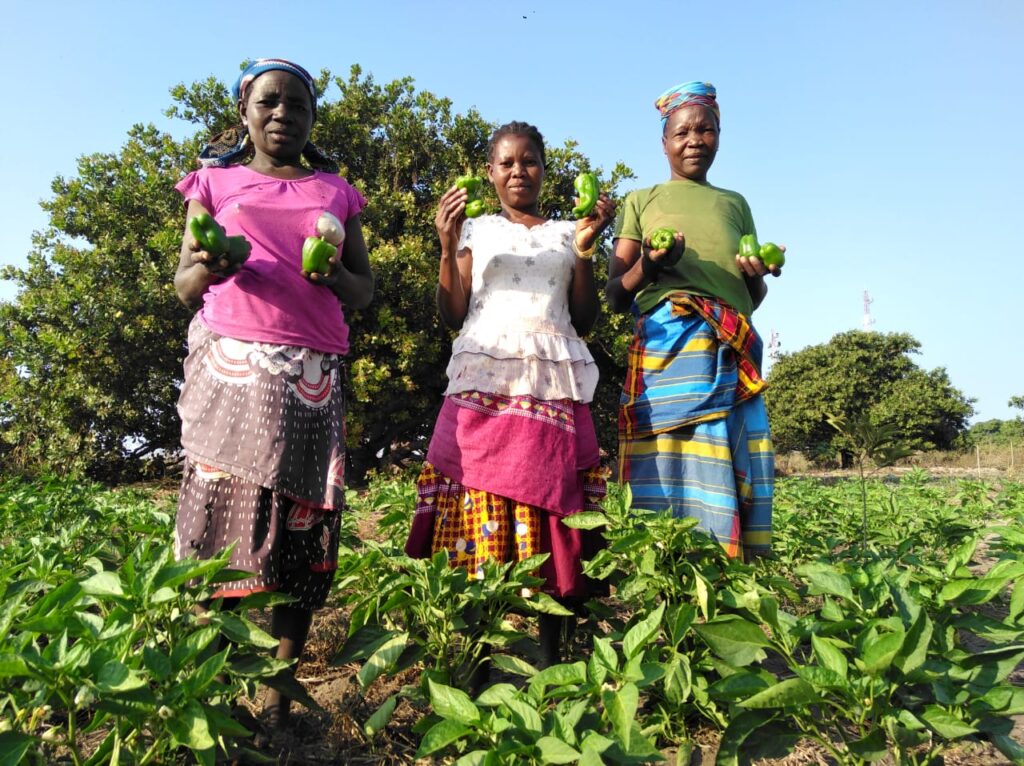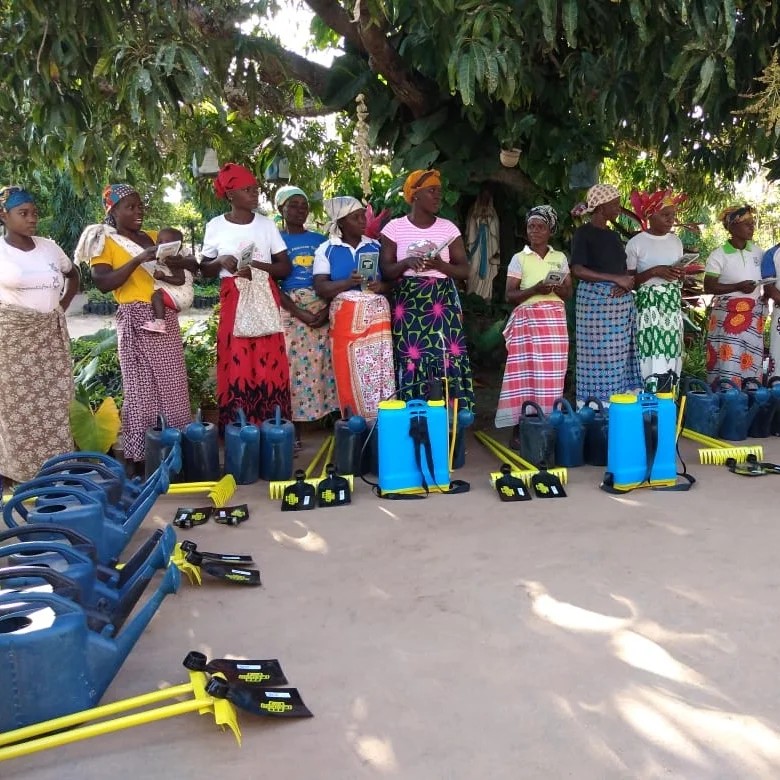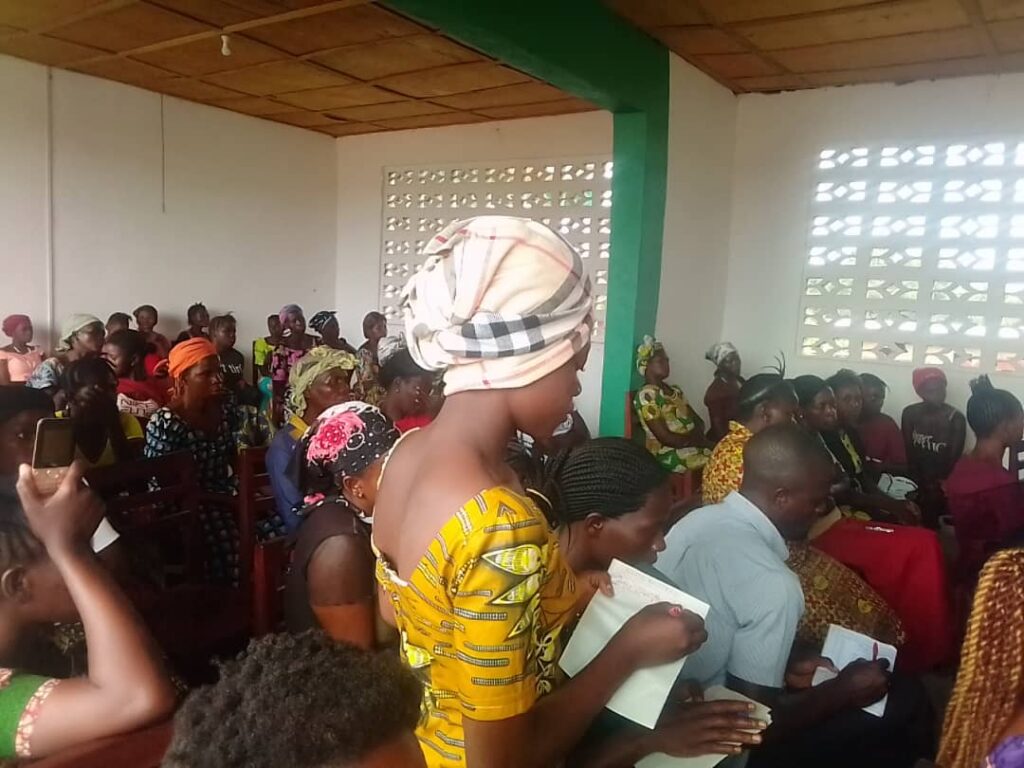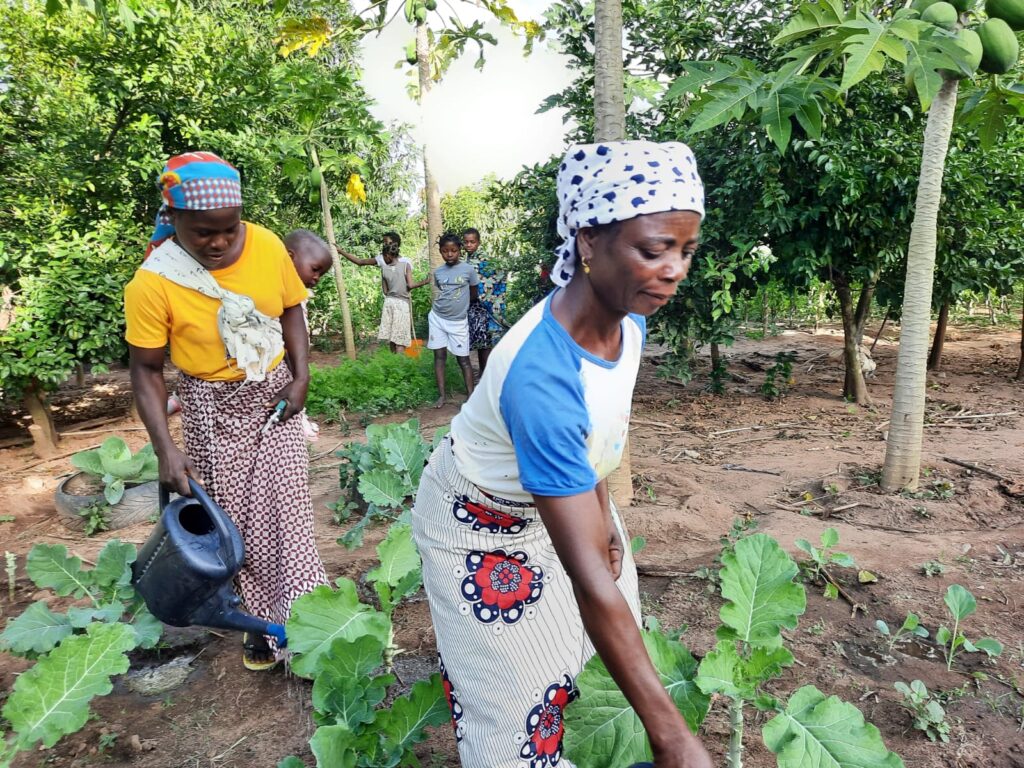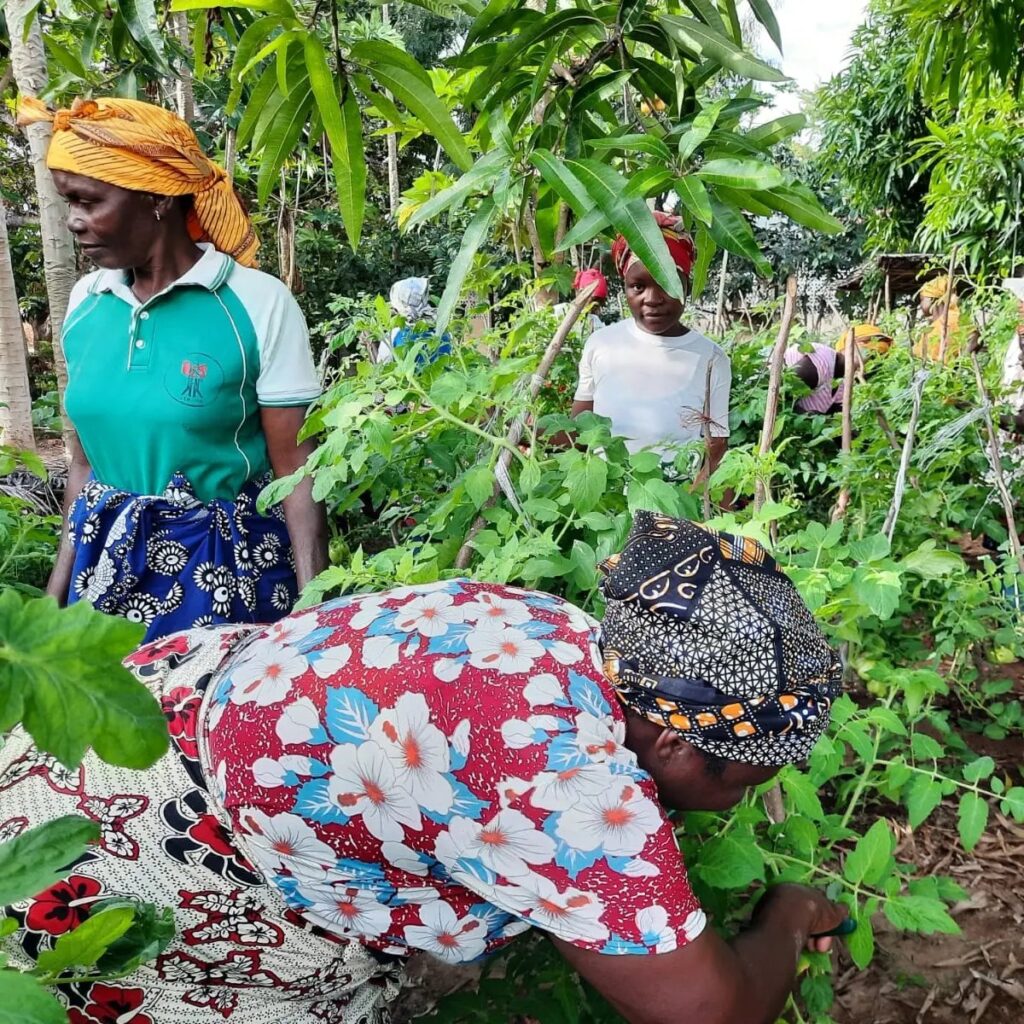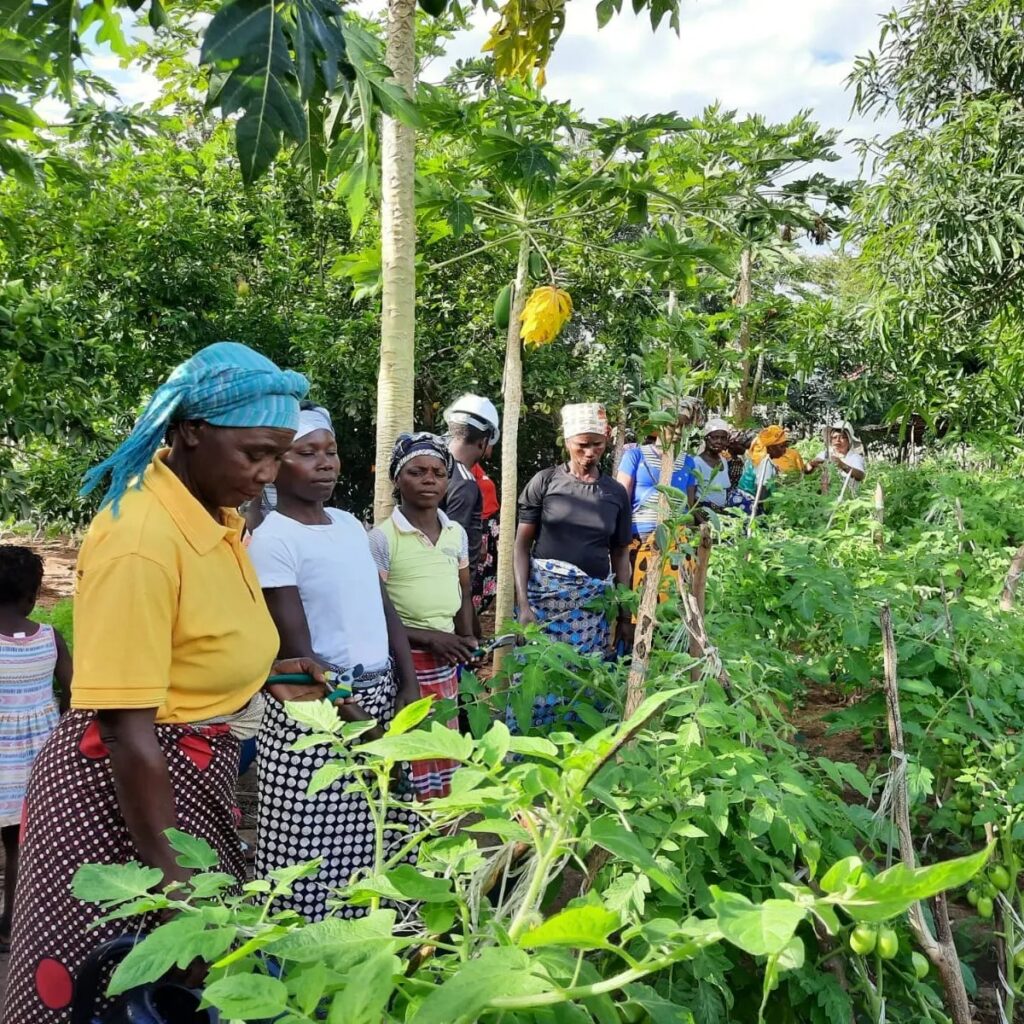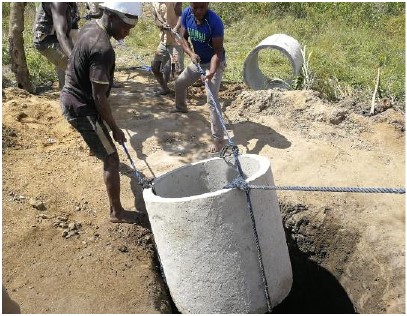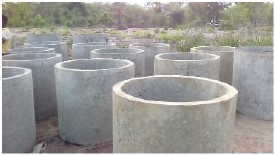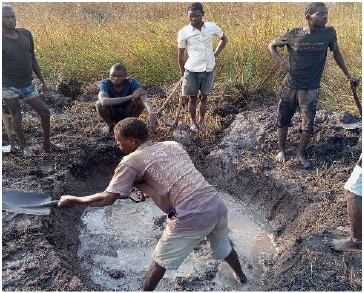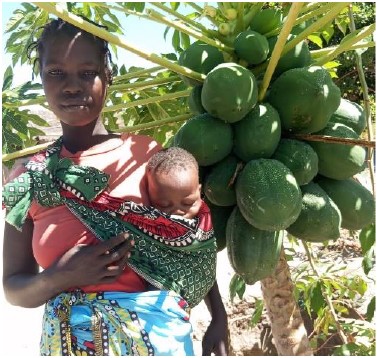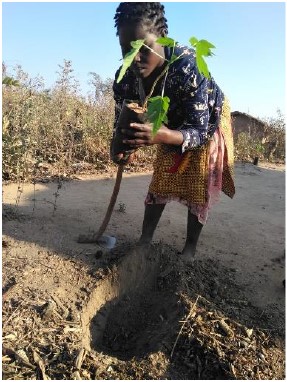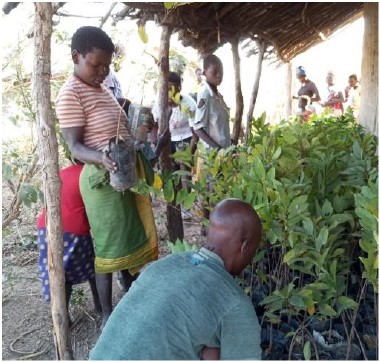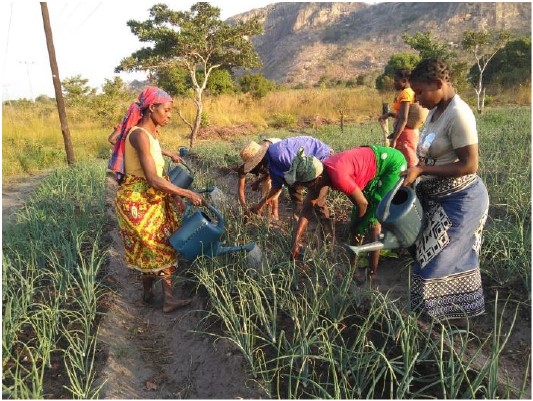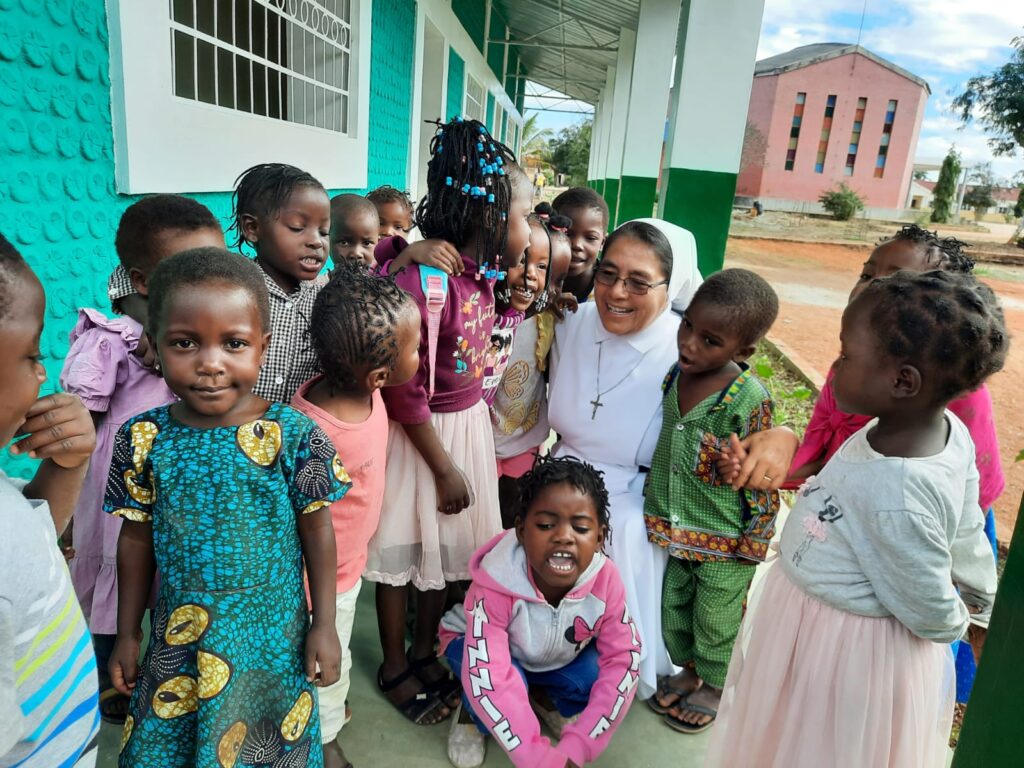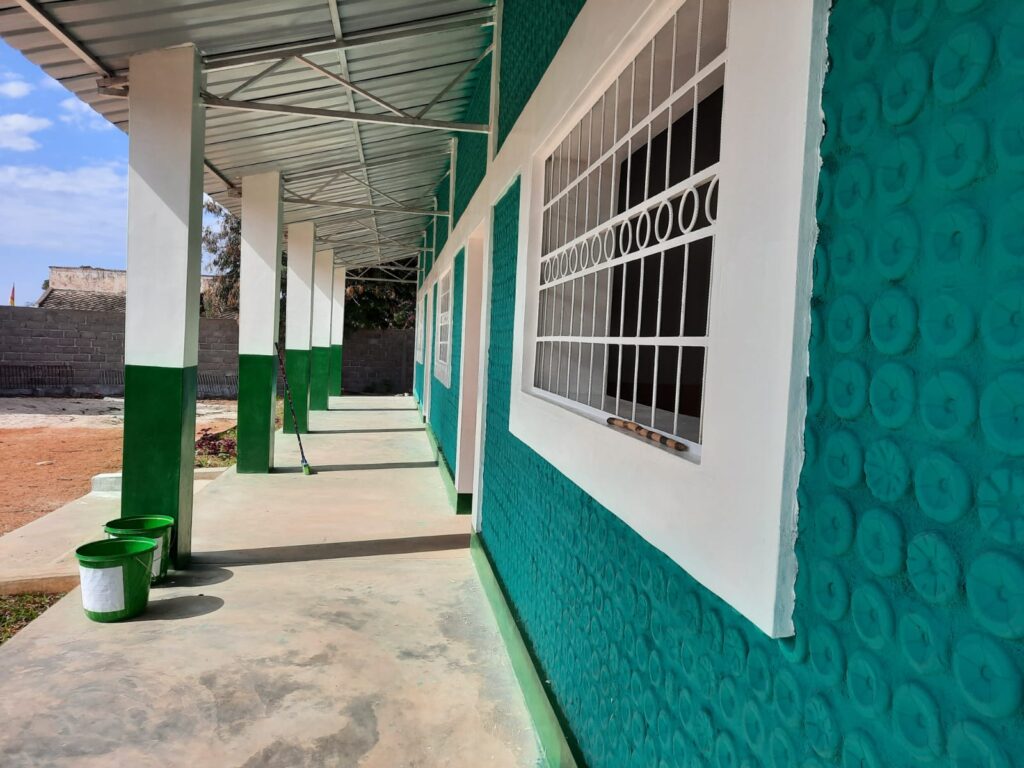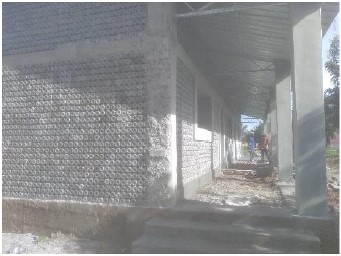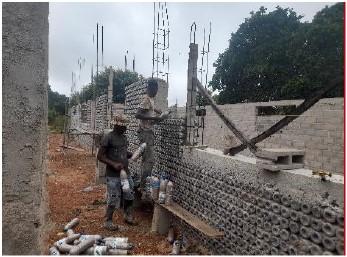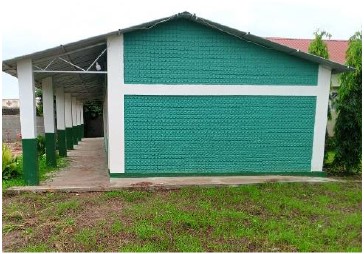Climate Action
5th Annual Misean Cara Climate Action Awards
In 2024, Misean Cara is pleased to celebrate the 5th year of our Annual Climate Action Awards, in recognition of our members’ work to address climate change in the communities where they work.
2024 Runners-Up
We had a record 22 nominations from our members for this year's Climate Action Awards. Misean Cara commends the work being done by ALL of the nominated projects listed below and the dedicated teams and communities hard at work taking action to Care for our Common Home.
- Augustinian Fathers – Embu County, Kenya (Sustainable Livelihoods & Climate Change Adaptation)
- Edmund Rice Development – Phillipines (Sama-Bajau Mangroves Project)
- Franciscan Missionary Sisters for Africa – Zambia (St Francis CICP) & Uganda (Fr. Placid)
- IBVM Loreto – India (Light & Life to the Sundarbans) & Kenya (Climate Action Project – Mathare Slum)
- Little Sisters of the Assumption – Brazil (Umburanas)
- Marist Brothers – Mexico (Mayan communities)
- Medical Missionaries of Mary – Nigeria (Mary Martin PHC)
- Mill Hill Missionaries – Kenya (Women and Youth Empowerment)
- Poor Servants of the Mother of God – Kenya (Sustainable Agriculture)
- Presentation Brothers – Kenya (Earth Clubs in Schools)
- Saint Patrick’s Missionary Society – Malawi (Plastics Waste Management)
- Salesians of Don Bosco Ireland – Kenya (Green Energy) & Zambia (Solar Skills Training)
- Salesian Sisters – India (Sustainable Livelihoods for Tribal Women) & Lesotho (Green Vocational Training)
- Sisters of the Sacred Hearts of Jesus and Mary – Uganda (Sustainable Agriculture)
- Sisters of Saint Joseph of Cluny – Ghana (St Joseph School Biodigester)
Climate Action Awards 2024
First Place
Misean Cara Member Organisation: Sisters of the Sacred Hearts of Jesus and Mary (SSHJM)
Project: Households in Distress (HID) Programme
Location: Northern Province, Zambia
“Our vision and mission at the Sisters of the Sacred Hearths of Jesus and Mary, Households in Distress programme, is to establish a sustainable future through effective climate action at all levels.”
In Zambia’s Northern Province, where more than 75% of people support themselves through small agriculture, the impact of climate change is felt very acutely. Erratic rainfall in recent years (including a record ongoing drought in 2024), along with factors such as deforestation and soil depletion are leading to low crop yields and exposing people to increased poverty levels, hunger, poor nutrition and food security, falling household income and ever increasing exposure to climate shocks.
Since 1991, the Sisters of the Sacred Hearts of Jesus and Mary have run the Households in Distress programme in 5 districts in the Northern Province (Mbala, Mpulungu, Senga, Kasama, and Mungwi). Every year HID supports 2,800 individuals through a sustainable livelihoods programme that includes climate-smart agricultural training, aiming to enhance the resilience and livelihoods of the most vulnerable individuals impacted by climate change and extreme weather. HID helps participants to become more food, nutrtion and income secure while also reducing greenhouse gas emissions, promoting renewable energy and fostering environmental stewardship.
Working with more than 2,800 households across the province, Households in Distress takes an intentional approach to climate action by embedding climate resilience elements into every level of its programming:
- promoting and training participants in climate-smart agriculture techniques;
- actively promoting and facilitating the use of biogas stoves as an alternative energy source for cooking;
- and engaging community members and stakeholders in education and training around biodiversity conservation and community sensitisation around climate change.
Households in Distress participants involved in the project’s climate action initiatives are experiencing increased food and nutrition security because of diversified, sustainable agricultural methods that minimise their impact on the environment and result in more sustainable, productive livelihood opportunities. By utilising informed, resource-efficient farming practices, they are also contributing to the preservation of the environment for future generations.
“Everything changed for us in 2021 when I was identified by the Households in Distress programme. After the training, I was empowered with a biogas system and three pigs, which completely turned our lives around. We’ve witnessed the power of climate-resilient agriculture and food production in uplifting vulnerable communities in Mungwi and the Northern Province. Our story is a testament to the incredible impact of sustainable farming practices and the support of organisations like the Sisters of the Sacred Hearts of Jesus and Mary. Join us in celebrating the transformational power of climate-resilient agriculture and food production!”
– Mathews Mukuka, age 46. Farmer, husband and father of six in Fundi Boma Village, Mungwi District, Northern Province of Zambia.
“Climate action is not just an option; it is a necessity, says Wesley Singogo, Project Manager of SSHJM HID programme. "Our commitment to sustainability is steadfast, and we are proud to contribute to global efforts aimed at preserving our environment for future generations. By prioritising education, engaging communities, and implementing innovative solutions, we are paving the way for a more sustainable future.”
Photos: Sisters of the Sacred Hearts of Jesus and Mary
Second Place
Misean Cara Member Organisation: Viatores Christi
Project: Justice and Peace Commission (JPC) Hoima
Location: Uganda
Since 2017, the Justice and Peace Commission (JPC) Hoima has partnered with Viatores Christi to work with disparate communities in the Bunyoro region of northwestern Uganda to promote peace and respect for human rights amongst a population of disparate cultural, religious and national origins.
Embedded into JPC Hoima approach is a strong commitment to raising awareness around climate change and environmental protection. The environment in Bunyoro is under threat due to the recent discovery of oil in the region, which has led to widespread deforestation to facilitate oil extraction and processing. The traditional practice of charcoal burning has also contributed to massive deforestation in the region, all having a negative effect on the local ecology as trees and forests contribute greatly to rain formation, prevention of soil erosion and provide habitants for flora and fauna.
Justice and Peace Clubs in Schools
JPC Hoima has established Justice and Peace Clubs at 17 primary and secondary schools in the area, currently involving over 700 students/pupils in a programme of education and action to clean up and protect the environment they live in. In recent years, students in the clubs have planted 20,000 trees as both an awareness raising activity and a contribution to environmental sustainability, climate action and environmental justice. Students also campaign in their communities about the importance of proper waste disposal and recycling.
Staff of JPC Hoima also conduct regular community outreach through radio talk shows (a very popular medium in Uganda), to raise awareness about the importance of protecting the environment and the role that everyone can play through proper disposal of plastic and metal pollution. This sensitisation is a critical first step for community members to become involved in climate action in the local community.
"My name is Amala Crispers. I am a proud member of the justice and peace school club. As a member of the justice and peace school club I have participated in the protection of the environment by ensuring proper disposal of waste, promoting plastics recycling, I have participated in the planting of fruit trees here at school and at home. The fruit trees provide us with clean air to breath, protection from erosion plus getting nutritious fruits from them to supplement our diet. I am excited about my contribution towards protecting the environment and I call upon other children to contribute towards protection and restoration of our environment for a better world."
-Member of Justice and Peace Club at St. Francisco primary school
Photos: Viatores Christi, Justice and Peace Commission Hoima
Third Place
Misean Cara Member Organisation: Augustinian Fathers with Augustinian Sisters
Project: Biodiversity and Agriculture Program for Cabo Delgado
Location: Natete-Netia, Mozambique
Mozambique – especially in the northernmost province of Cabo Delgado-- ranks among the most susceptible and vulnerable countries in the world to weather variability, climate hazards and climate change. Just one year ago, Cyclone Kenneth hit the province of Cabo Delgado, destroying over 50.000 hectares of cropland as well as fishing boats and equipment. Since then, more than 300,000 people in the region have struggled to rebuild their lives.
A large proportion of the population of Mozambique is heavily dependent on the environment for their daily livelihoods, with the agriculture sector a mainstay of the country’s economy, accounting for approximately 79% of total employment. Due to widespread environmental degradation though, there has been a steady decrease in the social and economic benefits derived by the poor from land and other natural resources. This is reflecting in a steady decline in well-being among poor and vulnerable groups throughout Mozambique.
In Cabo Delgado most agricultural crops are produced by small-scale, subsistence farmers poorly trained in sustainable practices, putting them at even greater risk of having their livelihoods and family security threatened by climate shocks and environmental degradation.
The Augustinian Sisters, in partnership with the Augustinian Fathers, have been working in Mozambique for many years to support both displaced people and host communities who are highly vulnerable and at high risk of food insecurity. They take an integrated approach to help predominantly female-headed households build climate-secure livelihoods and better nutrition for their families through sustainable agricultural programmes.
The project supports the local farmers with the purchase of equipment and seeds to help with crop diversification. As participants progress with their knowledge of farming techniques, a process of farmer-to-farmer training unfolds, encouraging families to collaborate and also take part in cooperatives to produce and sell more at market.
Farmers are also taught to use the “fertilizer tree system (FTS)”, involving the planting or regeneration of fast-growing nitrogen-fixing trees or woody shrubs that produce high-quality leaf biomass and are adapted to the local climatic and soil conditions. Fertilizer trees are further useful for preventing fertilizer erosion, soil degradation and related desertification, and improving water usage for crops.
The project has also successfully installed eight 10-metre deep wells, to supply water for agriculture, particularly during droughts. very useful during the drought period. The wells are and are manual and require little maintenance.
Lastly, to combat plastic pollution, the project has also established a network of young people who collect plastic bottle waste to sell back to the Sisters. Recently, the recycled plastic bottles (filled with sand) have been used instead of traditional bricks to build two school classrooms to educate the children of the woman involved in the project.
Photos: Augustinian Sisters
